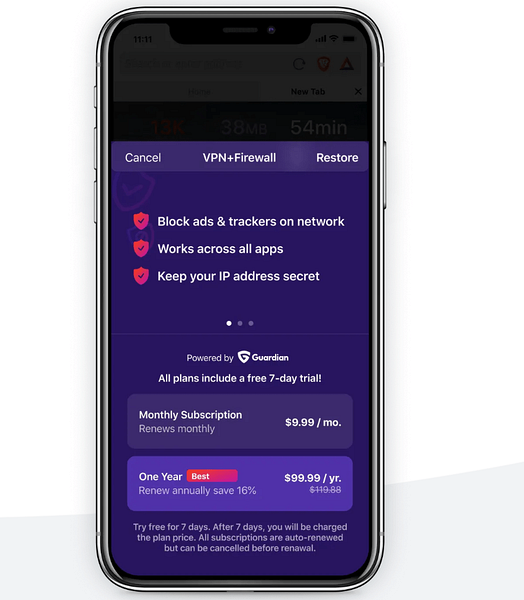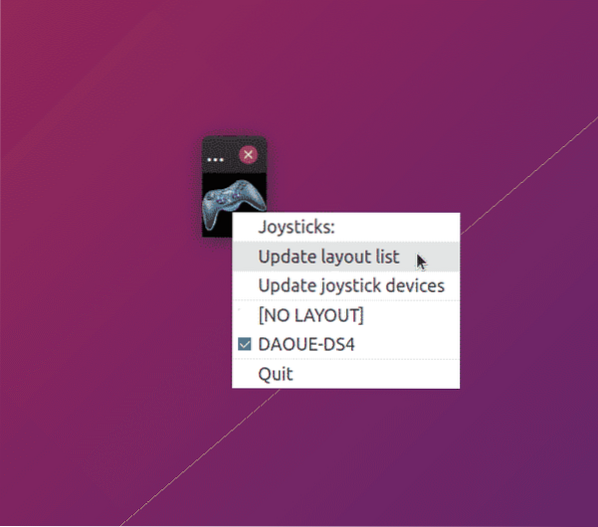How do you monetize a web browser? That question used to have a simple answer: through search partnership deals. While some companies did not need any revenue coming from their browsers, e.g. Microsoft never really made money directly from Internet Explorer, others relied on search deals to finance development.
Nowadays, search deals are still valuable for browser makers but since the list of search provider that pay millions of Dollars for the right to be the default search engine in a browser is really small, it puts many browser makers in a precarious situation. The two main players when it comes to search are Google Search and Microsoft Bing; a few companies dominate regional markets, e.g. Baidu in China or Yandex in Russia, but their reach is limited to their markets and people that speak the language of the search engine.
Companies like Mozilla have to broker deals with companies that run competing products, and that is a problem. Microsoft developers the Microsoft Edge browser and Google the Google Chrome web browser.
Lately, browser makers who don't operate search engines of their own have started to test other forms of financing development. Some placed sponsored links on start pages, others have started to create new extra services and products.
Mozilla launched a VPN service recently for example that is available for $4.99 at the time of writing in select regions of the world. It is a standalone product, and while there is also a browser extension that acts as a proxy for the browser to protect its traffic, the main emphasize lies on the standalone version.

Brave Software, the maker of the Brave browser, announced the launch of a system-wide firewall and VPN for Apple iOS devices today. Powered by Guardian, an established application for iOS, it is also available as a add-on feature. Interested Brave users can purchase the app for $9.99 per month or $99.99 per year via in-app purchases and Brave Software plans to bring the technology to other platforms later this year.
The two examples have several things in common: first, that both companies leverage existing services to create these extra products, and second, that they both are useful to a subsection of users in better protecting their privacy and security while online.
Partnerships with established companies come in the form of revenue share agreements usually. Selecting a partner is beneficial as it allows the browser maker to leverage existing technologies and infrastructure. Downside to this is that some users may wonder why they should buy the browser maker's product and not the original product. One answer to that could be better integration or additional features, or even more comfort.
It is unlikely that the revenue that comes from these products will surpass the revenue gained from search deals, at least not in the near future. The main idea behind diversifying income streams is to reduce the dependency on a single company, and especially if it is a direct competitor.
Other browser makers will probably look very closely at how well these extra services perform, some may even have similar products in the pipeline.
Now You: What is your take on this development? What could happen if companies like Mozilla get independent of search money?
 Phenquestions
Phenquestions


